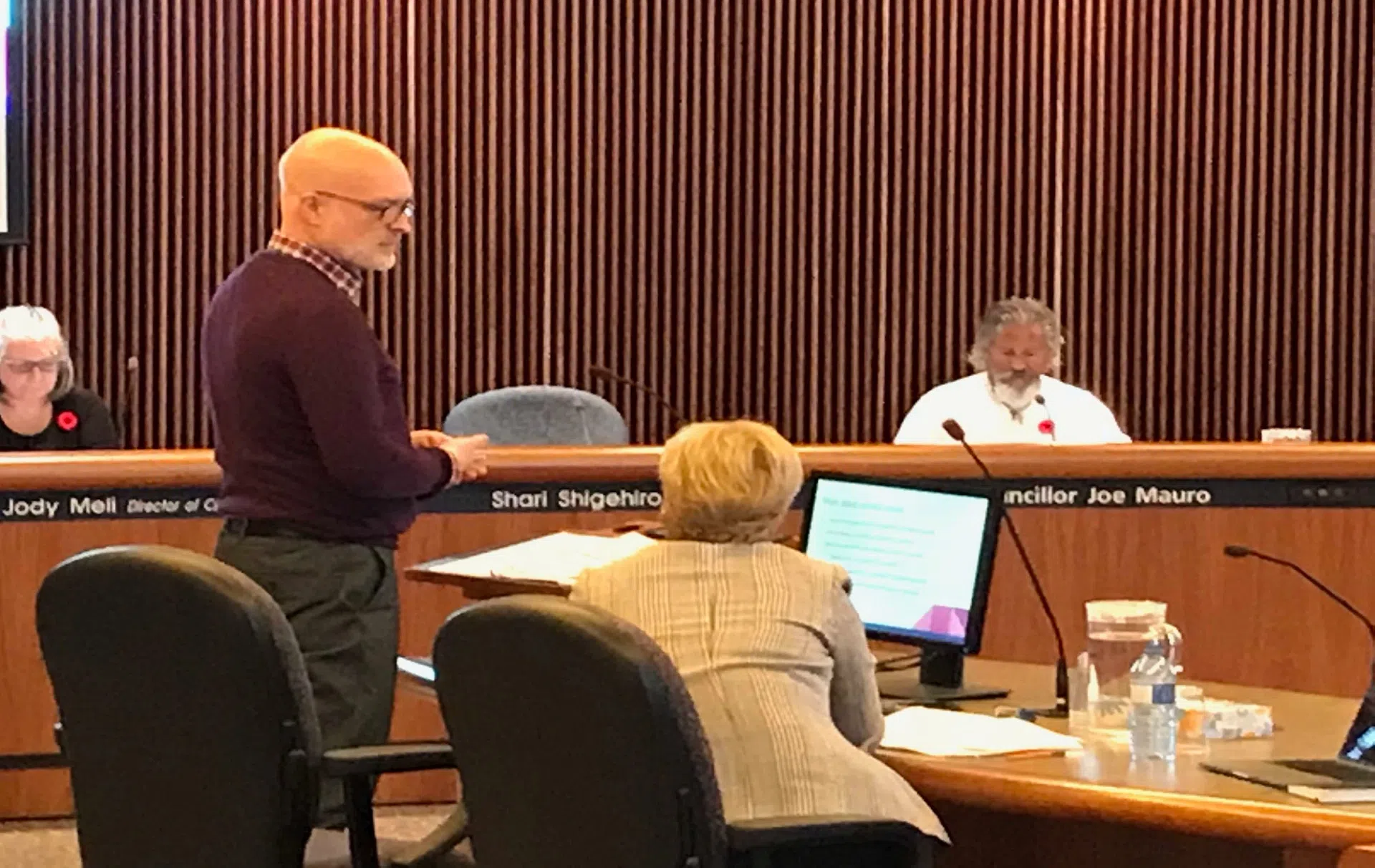
Feedback from community meetings includes emotional and financial tolls on citizens affected by the drug crisis
LETHBRIDGE – The emotional impact the drug crisis has had on Lethbridge citizens has been so significant, it was the top issue cited in a report put together by consultants and facilitators Robin Parsons and Dave Robertson who were hired by the City to disseminate the information gathered.
More than 1500 pieces of data were collected over two days Oct. 10 and 11, during four community meetings that encouraged locals from all walks of like to share their experiences over the last couple of years. In total, 288 people took part in the meetings.
The report found that emotional impact, followed by a loss of or impact on business, a decrease in safety, cost and resources required to deal with the crisis, the increase in crime and the needle debris were the top concerns people expressed.
According to the report, many who participated in the meetings had a feeling of helplessness about the overall situation, a loss for ‘what used to be,’ and undesirable changes to the community. Consultant Robin Parsons says the meetings succeeded in eliciting the feedback the city was looking for.


